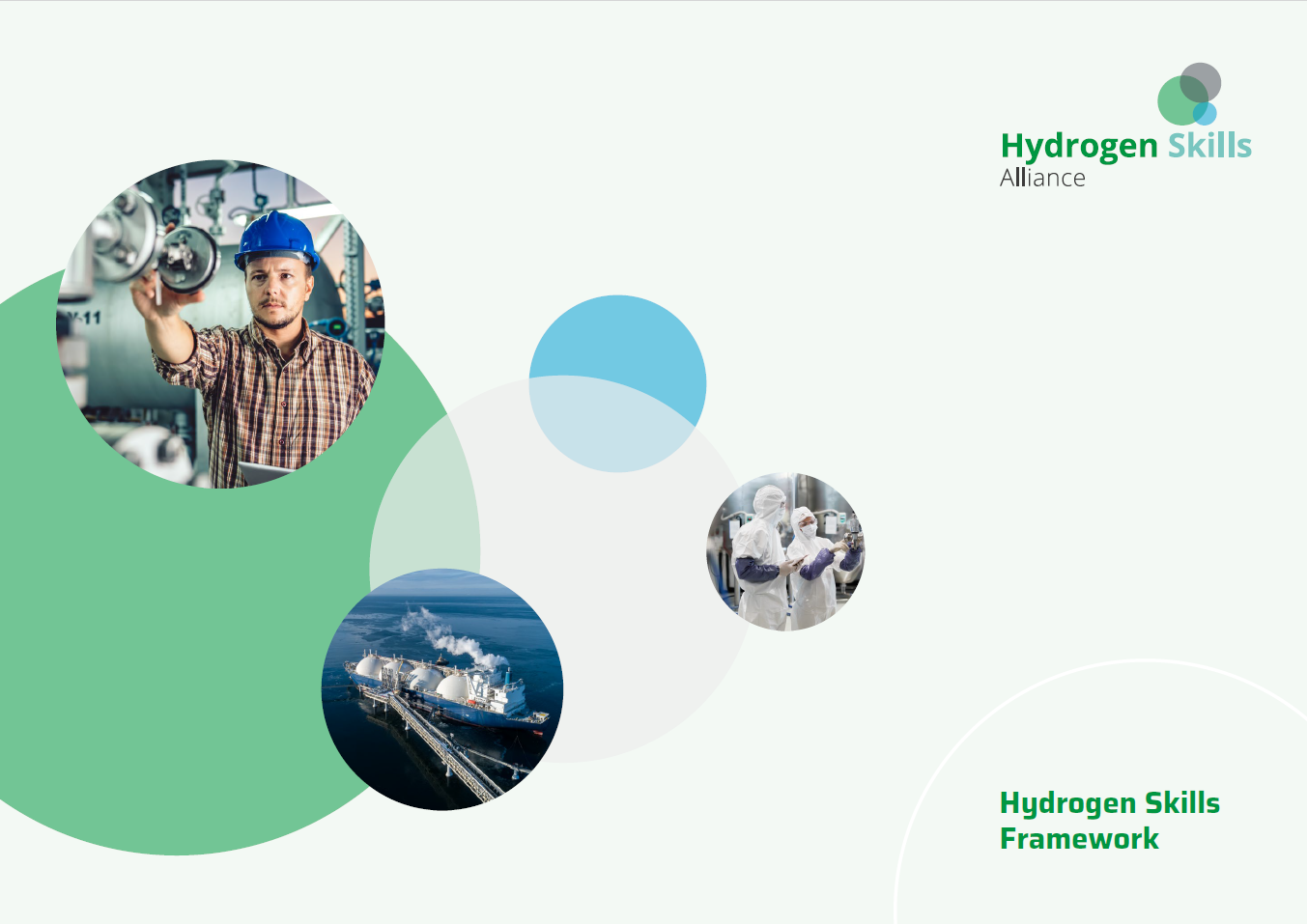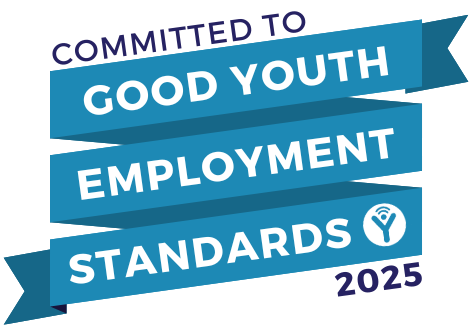Industry leaders have today published a new proof-of concept skills framework to help employers develop their future workforces.
The Hydrogen Skills Framework will help create new qualifications and quality assured training, aligned to knowledge recognised by industry.
The open-source framework is free to use and will evolve over time, allowing employers to understand the skills their workforce will need in the dynamic hydrogen economy and enhance the visibility of career pathways.
This new tool created by key stakeholders, including industry regulators, will provide a recognised benchmark for skills development, bringing consistency and confidence to the industry.
This project is the first deliverable from Empowering The Future: A Strategic Skills Plan for the UK Hydrogen Economy, a plan to help create the UK hydrogen workforce of the future.
Published last month by the Hydrogen Skills Alliance (HSA), Empowering the Future highlights the scale of the challenges the industry faces in ensuring the right skills are in place to support its continued growth and long-term success.
The HSA will work with employers and skills bodies including EU Skills and Engineering Construction Industry Training Board (ECITB) to include occupations across the whole hydrogen value chain including production, storage, transmission, distribution and usage. This will give employers confidence in the training they commission.
Established in 2023 by leading employer-led skills charity Cogent Skills and the National Composites Centre, the HSA brings together more than 50 organisations from the four nations of the UK – including industry, academia, government and skills bodies – to address skills gaps and promote innovation.
The HSA’s recent workforce assessment found around 29,000 jobs will be needed across the hydrogen economy by 2030 – a huge increase from the current 1,600 jobs – in areas such as production, transmission, transportation and storage.
Industry Minister, Sarah Jones, said: “Having the workforce in place to support the growth of the hydrogen industry is key to delivering our clean power mission.
“The Hydrogen Skills Framework will help to propel British people into good, skilled jobs in the industries of the future.
“Alongside industry, we are paving the way for thousands of clean energy jobs - with 27 cutting-edge projects getting through to the next round of our flagship hydrogen programme this week.”
Head of Operational Transition for Cadent, Mumtaz Patel, said: “The hydrogen economy presents a truly transformative opportunity for the UK, not just in driving our net zero ambitions but in creating thousands of highly skilled jobs across the country.
“From green hydrogen production, to infrastructure development and maintenance, through to fuel cell innovation, this sector has the potential to spark a new industrial revolution—boosting investment, revitalising communities and securing the UK’s leadership in the global clean energy transition.”
Cogent Skills CEO, Justine Fosh, said: “The release of this framework marks a pivotal moment in developing a skilled workforce for the hydrogen industry. As the first deliverable following the publication of our Strategic Skills Plan for the UK hydrogen economy, this framework sets the stage for future growth and innovation.
“We’re calling on employers and skills providers to actively engage with and contribute to the ongoing development of this framework. Their participation is crucial in shaping a dynamic and resilient workforce to drive the hydrogen industry forward.”
Jane Toogood, Co-Chair of the UK Hydrogen Delivery Council, said: "I welcome the publication of the new skills framework. Giving clarity on what skills are needed for each part of the hydrogen value chain will help build confidence of companies and their teams, to grow this important sector for our future and ensure long term employment opportunities.
Andrew Hockey, CEO of the ECITB, said: “We welcome the establishment of the hydrogen skills framework. It will help us develop training pathways for young people looking to pursue a career in hydrogen, as well as upskill existing workers looking to transition into the sector.
“Many of the roles required for hydrogen and industrial decarbonisation more broadly are existing roles – like process engineers, technicians, welders, pipefitters and other key trades. The ECITB supports the training of thousands of workers in these roles each year across Great Britain. In drawing on industry expertise, the framework will help to identify and fill any skills and knowledge gaps, ensuring the workforce is hydrogen-ready.”







